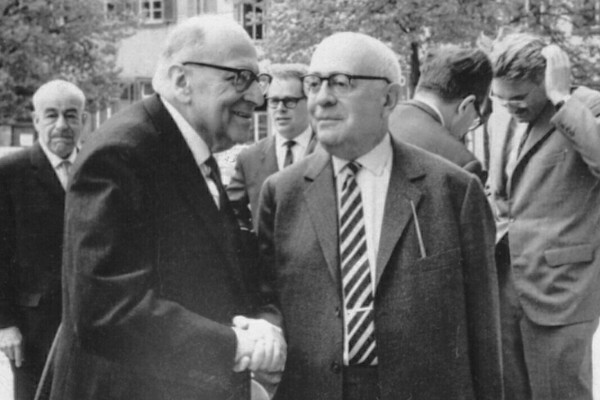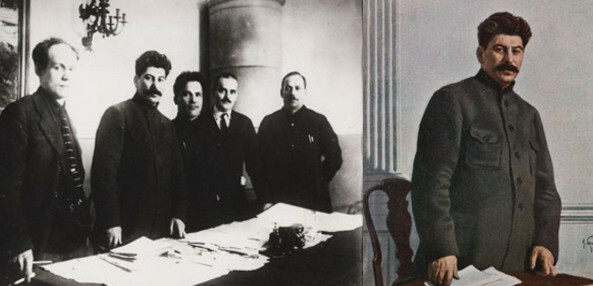After the Otávio Augusto government, the political reforms established in Rome transformed this mighty civilization into an empire. The powers of the Senate and the various powers of the magistrates were now restricted or subordinated to the power of their emperor. With the death of Octavius, the successor to the throne was Tiberius, a trusted general of his predecessor, who continued the various projects of the first Roman emperor.
According to available accounts, Tiberius was harassed by the people and the Roman Senate. The height of this tension would have come when he was accused of plotting the assassination of General Germanicus. When he finally passed away, at the age of 78, the Roman population celebrated his departure from power. With this, Caligula (37 - 41), son of Germanicus, was sworn in as the new emperor, with the express support of the members of the army.
Despite all the support received, Emperor Caligula manifested the problems experienced in a centralized power structure. Gradually, the authoritarian orders of this ruler destabilized the Roman political scene. First, he decided to go after the richest senators and exaggerate taxes. Furthermore, he was known for an unruly life where parties and orgies were quite common.
One of the most controversial acts taken by Caligula was naming his horse, Initiatus, to occupy one of the consulate's vacancies. According to the judgment of some historians and specialists, this emperor took this type of atypical action as a result of psychic illnesses that afflicted him. In any case, his despotic action ended up being annihilated by the members of the Praetorian Guard, who carried out his assassination.
The vacancy left on the imperial throne was soon resolved with the appointment of Claudius (41 - 54), Caligula's uncle, who ascended the throne with the help of the Praetorian Guard. During his administration, the Roman state achieved the conquest of the territories of Brittany and Mauritania, the administrative rules were perfected and freed slaves of notorious knowledge were used as their auxiliaries.
Despite his political-administrative ability, this emperor ended up causing important changes in the succession framework of the empire. First, he ordered the murder of his wife Messalina, because of her immoral behavior. Shortly thereafter, he married Agrippina, who managed to bargain with her husband for the appointment of their son Nero as the next Roman emperor.
Later, Agrippina organized a plot that murdered Claudius by poisoning. Thus, Nero reached the imperial post and, initially, had the advice of General Donkey and the philosopher Seneca to govern. However, Nero would be better known for his tyrannical behavior. According to what counts in the records of the time, he was responsible for the murder of his mother Agrippina, his two advisers (Donkey and Seneca) and his British brother.
One of the most controversial actions of this ruler, which ended the Julius-Claudian dynasty, was his order to set fire to the city of Rome. The explanation for such an extreme act would be Nero's intention to attribute the attack to Christians, who refused to render religious worship to the imperial figure. His time in government is recognized as one of the most aggressive against the followers of Christianity.
Christians were persecuted, tortured, impaled, condemned to crucifixion, and harassed in the arenas where popular spectacles took place. Exercising a government of a repressive and unbridled nature, Nero soon aroused discontent in the ranks of the army and the Senate. Heavily pressured by his opponents, Nero decided to end his own life.
By Rainer Sousa
Graduated in History
Brazil School Team
Ancient Rome - Old age
General history - Brazil School
Source: Brazil School - https://brasilescola.uol.com.br/historiag/a-dinastia-julioclaudiana.htm



